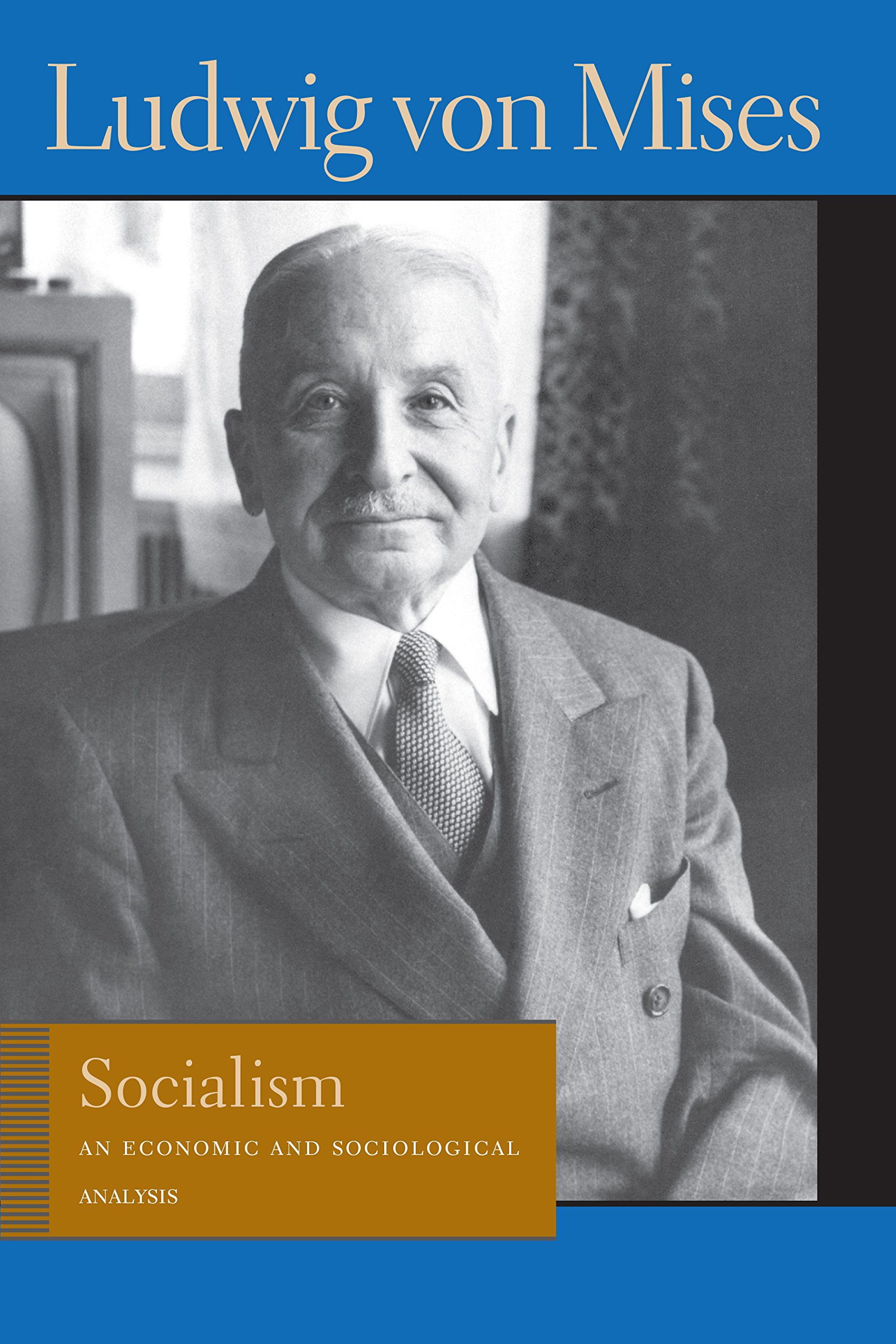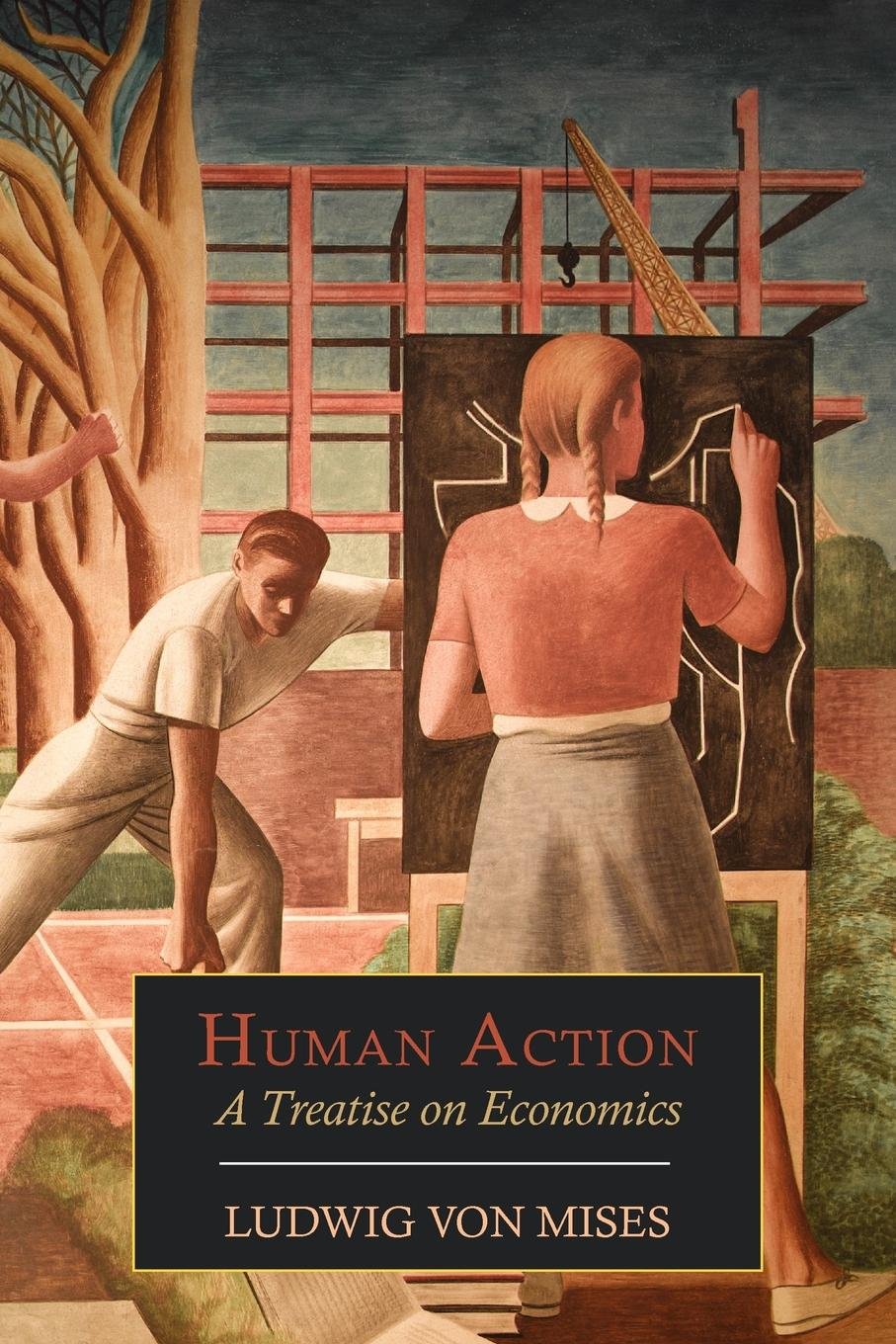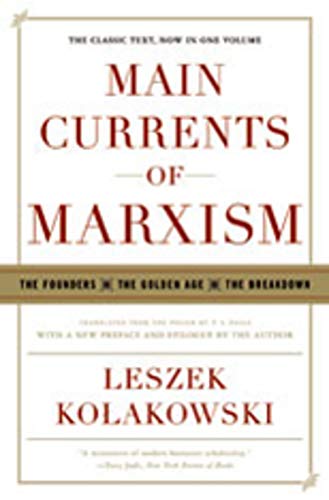
- Socialism: An Economic and Sociological Analysis (pdf, epub, mobi) (https://mises.org/library/socialism-economic-and-sociological-analysis)
- Socialism: An Economic and Sociological Analysis (html) (https://oll.libertyfund.org/titles/mises-socialism-an-economic-and-sociological-analysis)
-
"Professor Mises, of the University of Vienna, has recently published a book on socialism which deserves careful reading by friend and foe of the movement. It is a reexamination of the theory of socialism and a clear, vigorous, and convincing restatement of the case for individualism, much in the tone of a Manchester Liberal of the '60s. It is a complete rejection of all forms of collectivism and all comproinises with the forces which, in the opinion of the author, threaten the foundations of existing society. Professor Mises attempts to meet all serious criticisms of capitalism and all arguments for collectivism, with the result that the book covers a surprising number of fields of learning, and, through abundance of references, opens up an interesting literature.
The five sections deal with liberalism and socialism, the economic organization of the socialistic society, the doctrine of the inevitableness of socialism, the usual ethical and moral arguments for socialism, and destructionism.
Professor Mises rejects socialism on two grounds: first, because it affords no possibility of rational price fixation; second, because there is no possibility of an appropriate organization of production"
(Book Review) Socialism: An Economic and Sociological Analysis by Ludwig Von Mises (https://www.jstor.org/stable/1804583?seq=1#page_scan_tab_contents) -
"If Liberalism may be called an English idea, Socialism is certainly a German one. The opponents of Marxism in Germany are therefore by no means Liberals. In opposing the Marxian doctrine they condemn Liberalism no less.
In these circumstances it is remarkable indeed that Professor Mises of the University of Vienna endeavours in a large work to refute Socialism and to defend Capitalism. In his earlier treatises (Theory of Money, 1912; Nation, State and Economics, 1919) Mises has already proved that he sees things in a different light from that in which the leading official economists see them. He now makes a more severe attack on the Socialist ideal than lhas ever been made before in any German book. In his opinion the fact that a society in which the means of production are owned by private capitalists, is composed of rich as well as of poor, is no argument against the system."
(Book Review) Socialism: An Economic and Sociological Analysis by Ludwig Von Mises (https://www.jstor.org/stable/2223056?seq=1#page_scan_tab_contents) -
"Part I, Liberalism and Socialism," covers such subjects as ownership and ideas of property, the policy of contract, problems of married life, prostitution. Part II on the 'Economics of a Socialist Community,' deals with the organisation of production (which touches the key point of the author's whole attack), the distribution of incomes, the position of the individual, dynamic conditions for capital and demand, foreign relations. It also sketches temporal types-Guild socialism, Christian socialism, syndicalism, etc. The third part treats of the alleged inevitability of socialism-by evolution through various forms, by concentration of capital and fortunes, by monopoly. Part IV on 'Socialism as a moral imperative,' covers all the ethical systems and arguments, and Part V, entitled 'Destructionism' covers all kinds of interferences with laisser faire, such as labour legislation, social insurance, trade unions, taxation.""
(Book Review) Socialism: An Economic and Sociological Analysis by Ludwig Von Mises (https://www.jstor.org/stable/2548660?seq=1#page_scan_tab_contents) -
"On the central issue, Professor Mises shows a certain tendency to shift his ground. In this English edition of his book he has added a section of five pages (I37-42) on the 'artificial market,' to meet some of the recent criticism of his original position. In this, his argument is really based on political probability. The reviewer fully agrees that a socialistic government would not try intelligently to function in accord with economic principles in securing maximum satisfaction of the economic needs of the masses. It probably wouldn't try at all but, instead, would lead the masses on some romantic adventure, some 'crusade.' But such political prediction or prophecy is one thing, and reasoning in terms of economic principles is another."
(Book Review) Socialism: An Economic and Sociological Analysis by Ludwig Von Mises (https://www.jstor.org/stable/1827341?seq=1#page_scan_tab_contents) -
"'My book,' says the author, 'is a scientific inquiry, not a political polemic.'. His definition of socialism is 'a policy which aims at constructing a society in which the means of production are socialized.' The central theme is that socialism is impracticable, because 'in a socialist economy economic calculation would be impossible. Where there is no market (and elimination of the market, is the fundamental aim of socialism), there is no price system, and where there is no price system there can be no economic calculation. The author states that Russia would long ago have collapsed if not supported by finance from capitalist countries, and that socialism by inner necessity will lead to the gradual consumption of capital. Furthermore, under socialism there can be 'no freedom of choice in occupations' and no 'connection between the yield of labor and the income of the laborer'"
(Book Review) Socialism: An Economic and Sociological Analysis by Ludwig Von Mises (https://www.jstor.org/stable/1802093?seq=1#page_scan_tab_contents) - (Book Review) Socialism: An Economic and Sociological Analysis by Ludwig Von Mises (https://www.jstor.org/stable/1021166?seq=1#page_scan_tab_contents)



